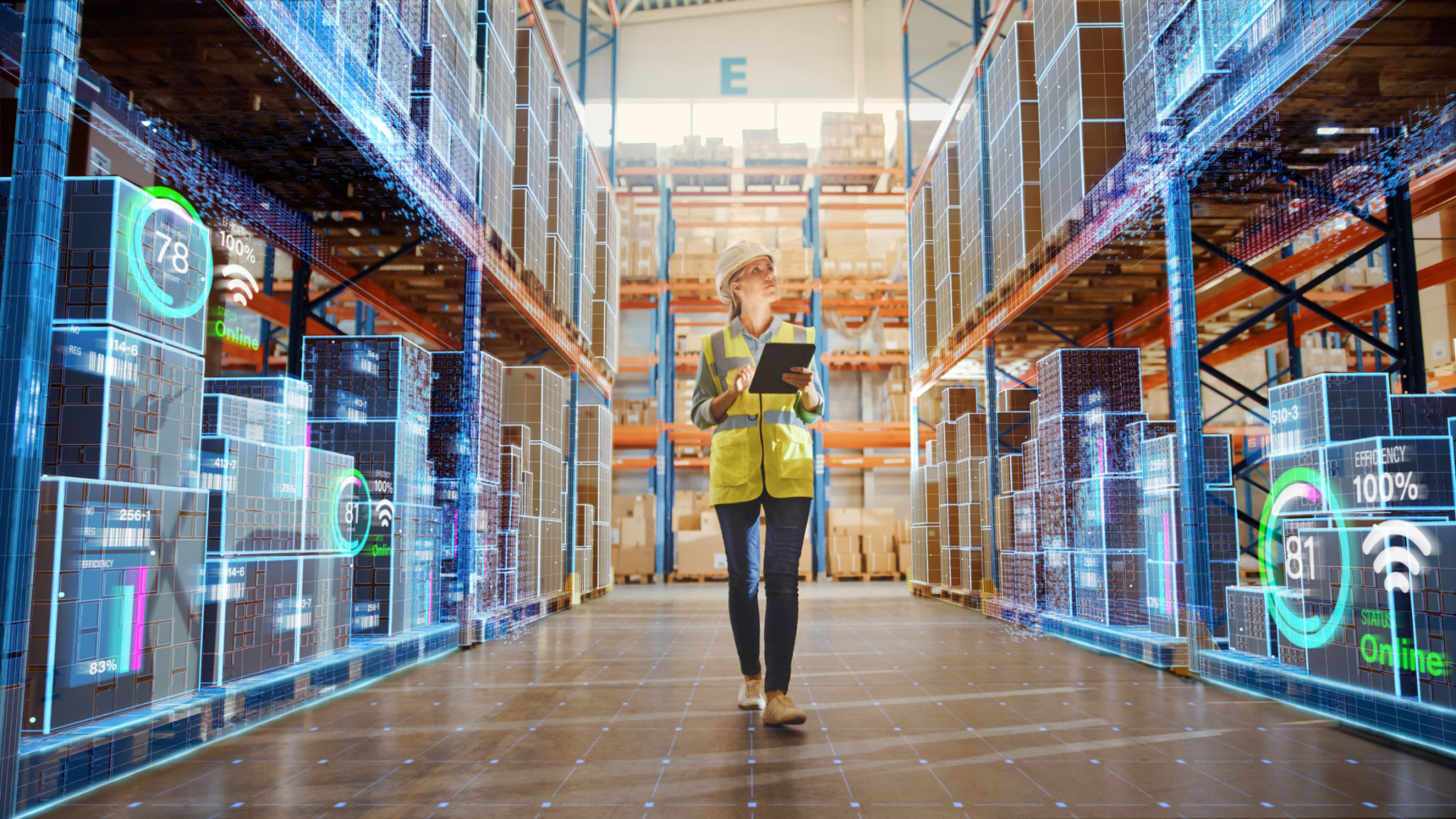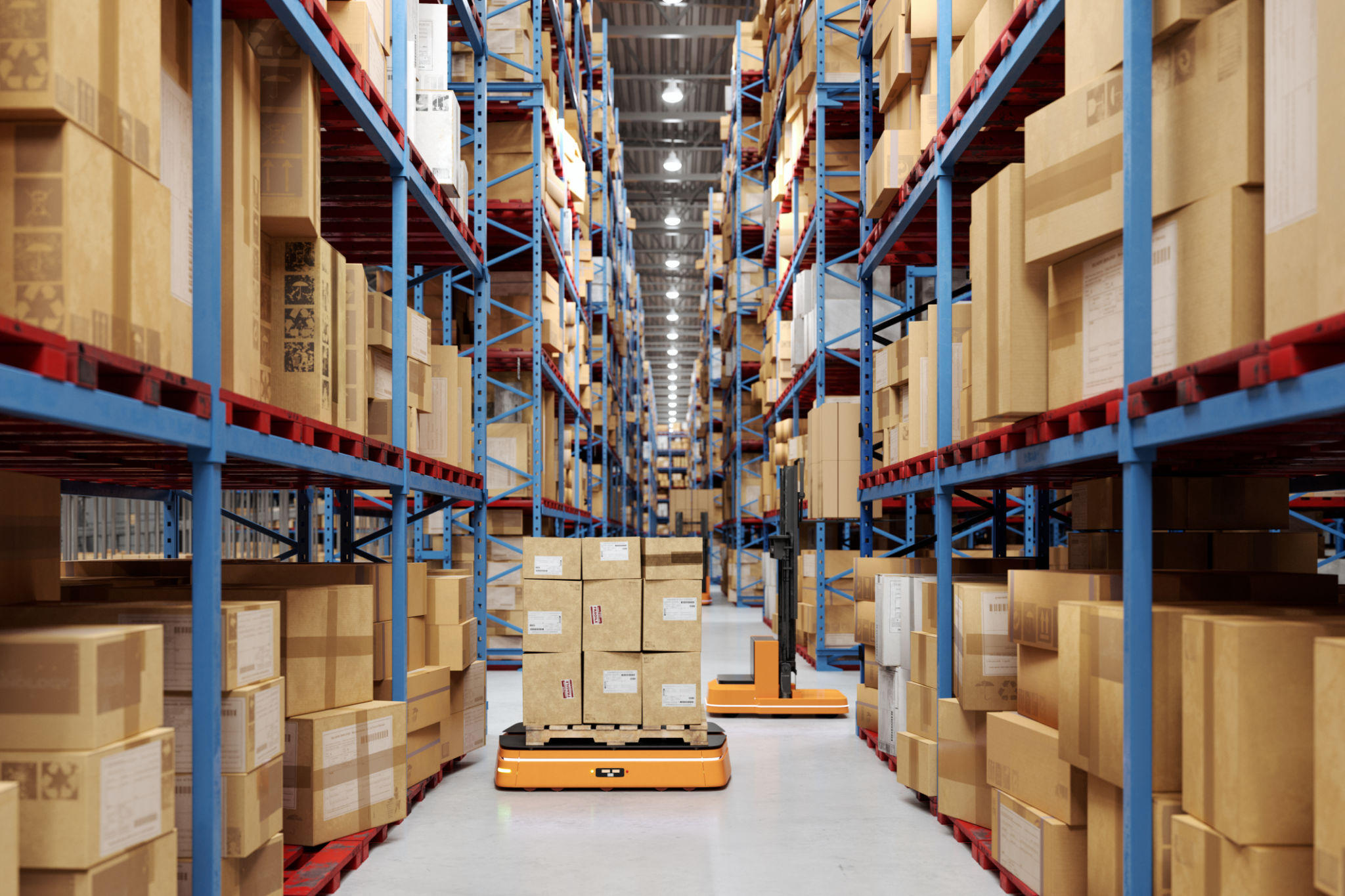How AI Tools are Revolutionizing Supply Chain Resilience in Taiwan
The Role of AI in Enhancing Supply Chain Resilience
In the ever-evolving landscape of global trade, Taiwan has emerged as a critical player in supply chain management. With its robust manufacturing sector and strategic geographic location, the country is uniquely positioned to leverage technological advancements. One such advancement making waves is the integration of AI tools, which are proving to be transformative for supply chain resilience.
AI technologies are providing unprecedented insights and capabilities that allow businesses to anticipate disruptions, optimize operations, and enhance decision-making processes. These tools are not only streamlining operations but also bolstering the agility and responsiveness of supply chains across Taiwan.

Predictive Analytics for Proactive Management
One of the most significant contributions of AI in supply chain resilience is predictive analytics. By analyzing vast amounts of data from various sources, AI can forecast potential disruptions. This capability enables companies to take proactive measures, such as adjusting inventory levels or rerouting shipments, to mitigate risks before they escalate into significant issues.
Predictive analytics also aids in demand forecasting, allowing businesses to align their production schedules more closely with market needs. This not only reduces waste but also ensures that customer demands are met promptly and efficiently.
Real-time Monitoring and Transparency
Real-time monitoring is another vital application of AI tools in supply chains. By deploying sensors and IoT devices, companies can gather real-time data on various aspects of their operations, from production to logistics. AI algorithms analyze this data to provide valuable insights into the current state of the supply chain.

This level of transparency is crucial for identifying bottlenecks and inefficiencies, allowing businesses to address these issues swiftly. Moreover, real-time data helps in maintaining quality control and ensures that the end products meet the desired standards.
Automation and Efficiency
AI-driven automation is revolutionizing supply chain processes by enhancing efficiency and reducing human error. Automated systems can handle repetitive tasks such as order processing, inventory management, and shipment tracking with precision and speed. This frees up human resources to focus on more strategic initiatives that require critical thinking and creativity.
Furthermore, automation in supply chains leads to cost savings by minimizing labor expenses and reducing the likelihood of costly mistakes. This becomes especially important in a competitive market where margins are tight, and efficiency can be a key differentiator.

The Future of Supply Chains in Taiwan
As Taiwan continues to harness the power of AI tools, its supply chains are becoming more resilient and adaptive to change. The integration of advanced technologies ensures that businesses can withstand disruptions caused by factors such as natural disasters, geopolitical tensions, or sudden shifts in consumer demand.
Looking ahead, it is clear that AI will play a pivotal role in shaping the future of supply chains not only in Taiwan but globally. Companies that invest in AI-driven solutions today stand to gain a competitive advantage in tomorrow's market.